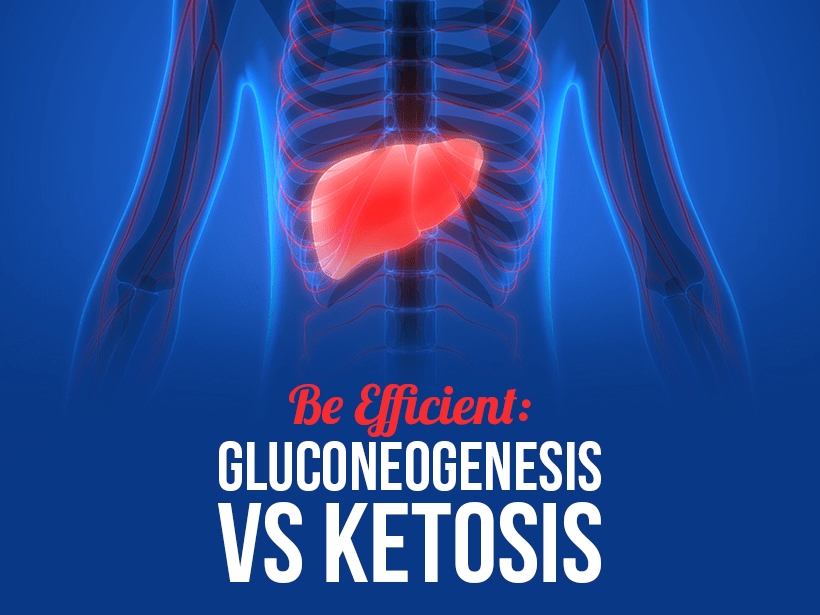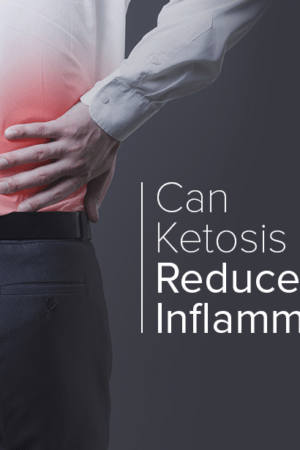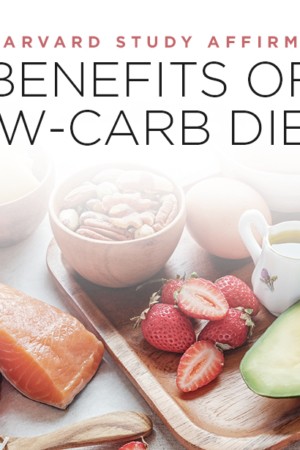Low-carb diets promote hormonal changes, including a reduction of insulin and increased levels of glucagon. When this happens, phosphoenolpyruvate carboxykinase, fructose 1, 6-biphosphatase, and glucose 6-phosphtase activate, and pyruvate kinase, 6-phosphofructo-1-kinase, and glucokinase are inhibited.1 Yes, that hurt my brain too. All of those fancy enzymes that are activated and inactivated, long story short, favor a process called gluconeogenesis. As for glucagon and insulin, glucagon is a hormone that is typically produced in response to low blood sugar while insulin is a hormone that is produced in response to high blood sugar.
Big Words, Simple Concept
What is gluconeogenesis? Gluconeogenesis is a metabolic process where your body produces glucose for energy. Essentially, it’s reverse glycolysis which we know as normal metabolism in which glucose is broken down to provide energy. If gluconeogenesis is the reverse, then, you guessed it, your body makes glucose in this process.
Get the Facts Straight
Some sources say that a low-carb diet enables gluconeogenesis to essentially waste away your muscles by metabolizing the protein in your muscles for amino acids.2 This doesn’t actually make sense when you take the whole diet into account. When you are on a high-fat/low-carb diet, your body’s metabolism shifts from requiring the use of carbs as an energy source, instead favoring fatty acids. If your body doesn’t want or need glucose anymore, why would it make more of it through gluconeogenesis? Interestingly enough, during a part of your metabolism called the citric acid cycle, a molecule called acetyl CoA formed during the digestion of fatty acids is used. When you increase the rate of mobilization of fatty acids from adipose tissue during low-carb intake, the liver converts this acetyl CoA to ketone bodies.
Power-Up Protein
The liver cannot use these ketone bodies, so they go directly to their targets like your brain for fuel. To keep your brain going, it would need 110-120 grams of glucose per day or 160-200 g of protein per day. If you’re not providing your body the necessary high-fat/protein requirements then issues can arise from a lack of glucose as the muscle tissue would degrade. This is why “low-carb” doesn’t necessarily mean “low-calorie,” but you still lose weight. The keto diet keeps you eating enough to supply all of your body’s needs, it simply changes the metabolic pathway from storing fat (high-carb) to burning fat (low-carb).
Energize With ATP
While we’re at it, let’s take a look at ATP production per substrate. Keeping it simple, ATP is energy for your cells. If we were to compare the amount of ATP produced via 100 grams of glucose, 3-hydroxybutyrate (ketone body), and acetoacetate (ketone body), you’d see that 8.7 kg, 10.5 kg, and 9.4 kg of ATP would be produced, respectively.3 Clearly, you get more bang for your buck with the ketone bodies than glucose. In other words, the low-carb diet provides you with the most efficient metabolism by bypassing inefficient processes like gluconeogenesis or normal glucose metabolism.
The human body is incredible. It has a whole bunch of backup options to keep itself going. The odds that one of these processes is to occur is dependent on what you put into your body. Be efficient. Choose low-carb.
NUTRITIONAL DISCLAIMER
The content on this website should not be taken as medical advice and you should ALWAYS consult with your doctor before starting any diet or exercise program. We provide nutritional data for our recipes as a courtesy to our readers. We use Total Keto Diet app software to calculate the nutrition and we remove fiber and sugar alcohols, like erythritol, from the total carbohydrate count to get to the net carb count, as they do not affect your blood glucose levels. You should independently calculate nutritional information on your own and not rely on our data. The website or content herein is not intended to cure, prevent, diagnose or treat any disease. This website shall not be liable for adverse reactions or any other outcome resulting from the use of recipes or recommendations on the Website or actions you take as a result. Any action you take is strictly at your own risk.
- Research Shows Improvement in Anorexia Nervosa Condition With Keto - August 6, 2018
- New Potential for Ketogenic Diet to Prevent Alcohol Withdrawal Syndrome - August 1, 2018
- Woman on Early Menopause Saved By Keto - July 25, 2018




